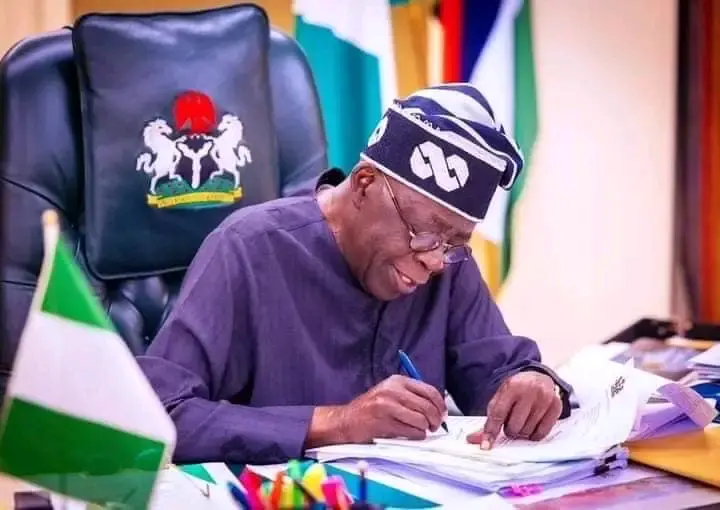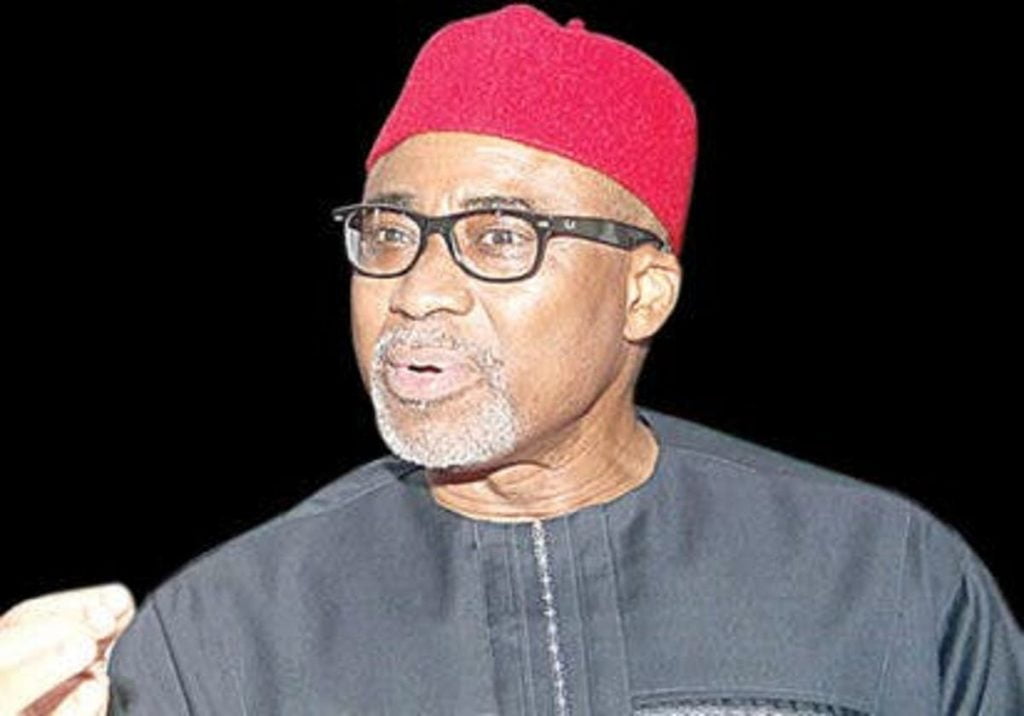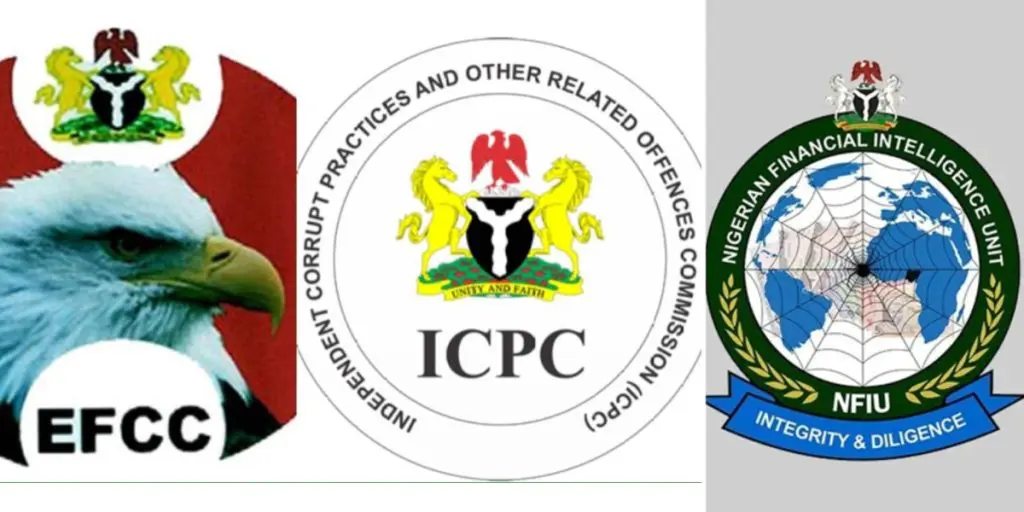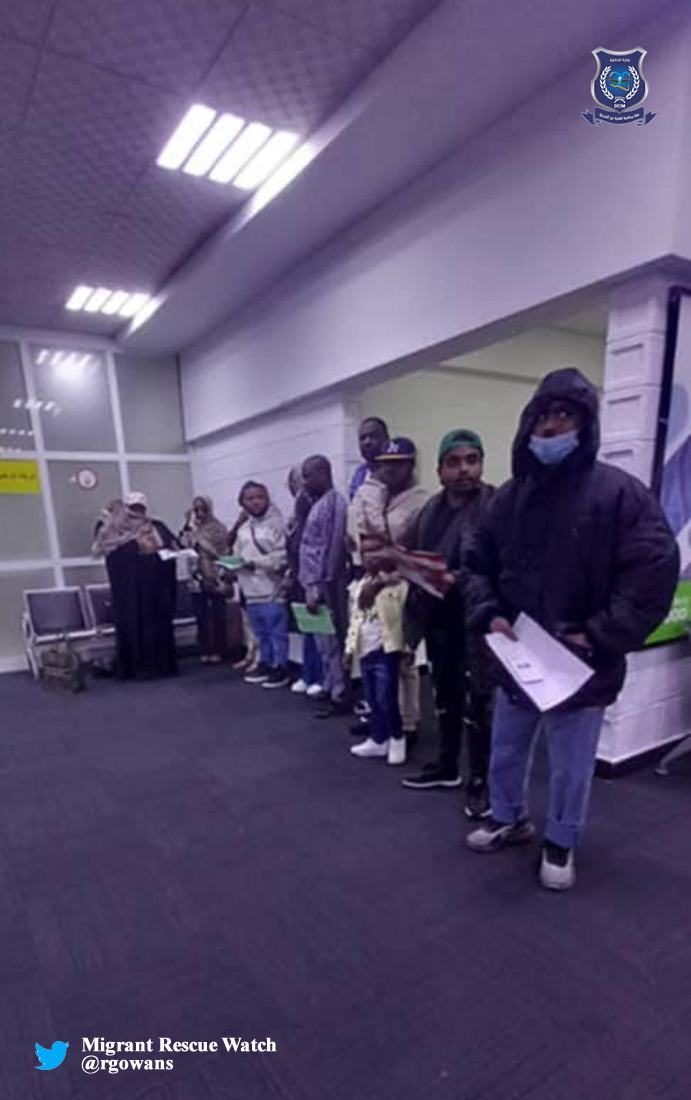Since the launch of the Save Democracy Mega Alliance 2027 (SDMA’27) campaign last month to amend Nigeria’s constitution and strip the President of authority over the Independent National Electoral Commission (INEC) and state governors of control over State Independent Electoral Commissions (SIECs), many Nigerians have expressed support for the initiative.
The coalition is also advocating for constitutional amendments to remove the President’s influence over the judiciary, specifically in appointing the Chief Justice of Nigeria (CJN), and to limit state governors’ power in appointing State Chief Judges.
Before the campaign began, various groups had called for the removal of the president’s authority to appoint the leaders of the electoral body and the judiciary.
The reasoning behind this demand is that such a system cannot ensure the full independence of these institutions, as those who control resources often influence decisions.
The coalition supports this view, arguing that transferring these appointment powers from the president to a newly established independent body would help eliminate executive interference in both the electoral and judicial systems.
The coalition, which has gained the backing of prominent leaders and pro-democracy organizations across Nigeria, has also received support from Professor Pat Utomi, a highly regarded political economist.
Utomi, who described the movement as a major breakthrough for Nigeria’s democracy since 1999, also highlighted the Justice Uwais Electoral Reform report as the ideal foundation for the initiative.
He noted that the report advocated for reforms in executive appointments to INEC and the judiciary, emphasizing that shielding these institutions from executive interference would promote fair elections and enhance governance.
The coalition presented a three-step strategy, beginning with mobilizing national consensus across political, religious, and civil society networks to push for unified support for constitutional reforms.
Their goal is to build momentum for a national conference to formally propose the amendments and to advocate for both the national and state assemblies to curtail the executive’s excessive influence over INEC and the judiciary.
According to the group, this move aims to prevent a repeat of the irregularities that marred the 2023 elections in the 2027 polls. It also cautioned that without these reforms, the 2027 elections could replicate the electoral manipulations of the past.
The group cited Rev. Martin Luther King Jr.’s call for organized resistance, urging Nigerians to prepare for what they referred to as a “national emergency” to safeguard the country’s democracy.
Addressing the issue, Dr. Pogu Bitrus, president of the Middle Belt Forum (MBF), told a reporter that the focus should not only be on who appoints but also on who has the authority to remove officials.
He also emphasized that the institution must be strengthened so that it doesn’t matter who appoints or sacks, as the individual would always be guided and held accountable by the strong institution in place.
He said, “The real issue in Nigeria is not about who appoints the head of the electoral body or the judiciary, but about who has the power to remove them. Yes, who has the authority to fire matters to some extent.
“If the president can appoint but doesn’t have the power to remove or fire, that could resolve the problem.
“It’s the fear of being fired for not complying that forces people to act in a certain way. Even if you appoint someone, if they aren’t worried about losing their position for not doing what you want, they may not feel obligated to follow your wishes. So, it’s not so much about who appoints, but who has the power to fire.”
Secondly, the institution must be strengthened to the point where individuals are afraid to engage in misconduct.
“For example, in China, there is a rule where even minor forms of corruption, which we might consider small gifts, can lead to severe consequences, including death, let alone more serious bribery.
“If judges, the INEC chairman, or anyone else understands that their wrongdoings could result in extreme penalties, like losing their life, they would be less likely to compromise, regardless of the amount of money involved. This system of checks and balances would deter them from doing wrong and compel them to act correctly.”




